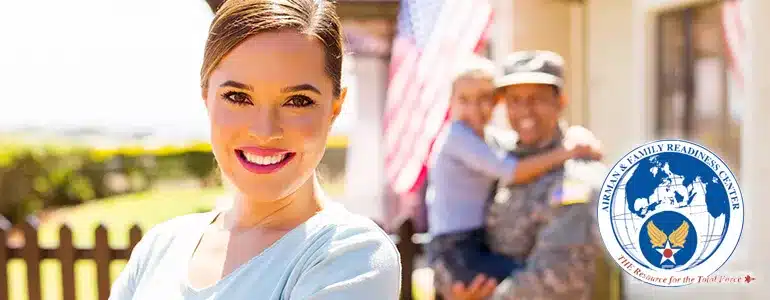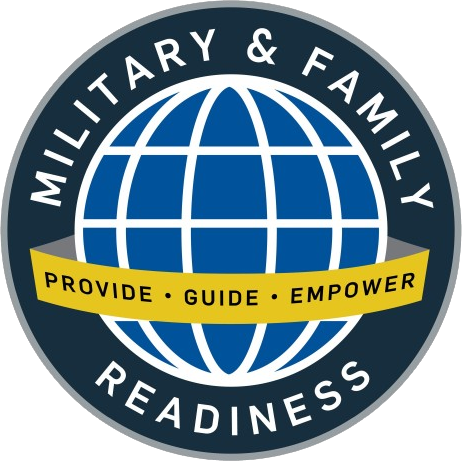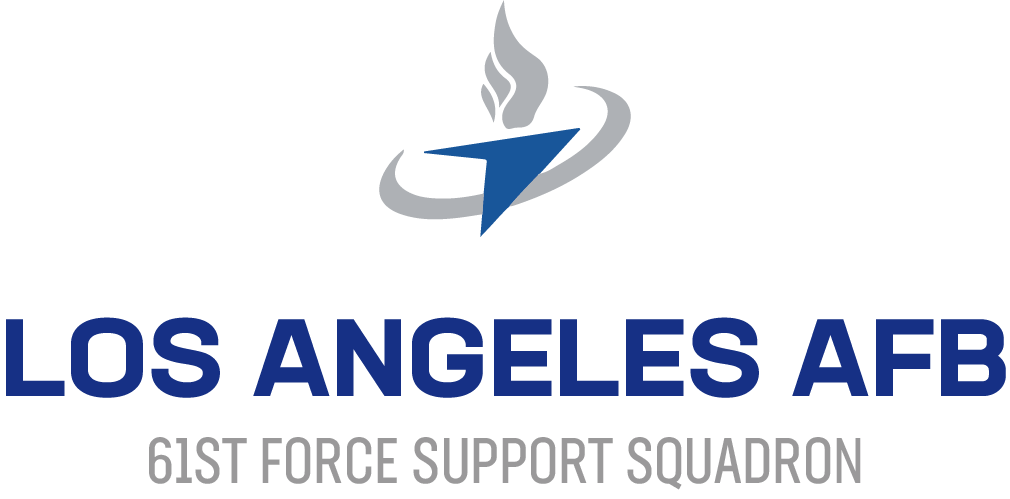
Hours of Operation
Sunday: Closed
Monday: 8:00 AM – 3:30 PM
Tuesday: 8:00 AM – 3:30 PM
Wednesday: 8:00 AM – 3:30 PM
Thursday: 8:00 AM – 3:30 PM
Friday: Closed
Saturday: Closed
Closed every Friday and 1st Thursday of the month.
In case of emergencies, please contact the command post at 310.653.3070
View Hours
El Segundo, (Bldg. 272, C1-209)
Email Address
View Email
Key Spouses
The U.S. Air Force Key Spouse Program is an official Air Force Commander led program
designed to enhance readiness, personal/family resiliency, and the Air Force community. Key Spouses are appointed by the Commander and serve as a vital resource to command teams to support Air Force families. The strategic vision is to increase resiliency/unit cohesion amongst military members and their families throughout the military life cycle.
This program promotes partnerships with unit leadership, Key Spouses, family members, the Military and Family Readiness Center, and other community helping agencies. In March 2009, the Key Spouse Program was standardized across the Air Force to address the needs of all Air Force families. Key Spouse provides volunteers with an opportunity to contribute to their communities, with a special emphasis on support to families.
How Can My Key Spouse Help?
Key Spouses are a peer-to-peer support system. Just like you, they are spouses of unit Airmen and understand the rewards and difficulties of military life. They are part of the “chain of concern”, not the “chain of command”, and are able to foster communication with unit leadership by bringing issues and concerns to the table in a neutral and constructive manner. They have extensive knowledge of unit, community programs, and organizations and have the resources to get you answers to your questions.
Framework for Support
Deployments, remote tours and TDYs are a fact of life for us. Our active duty members are gone for longer periods of time than in the past and this can lead to exciting and new challenges at home. Spouses and families are not left alone during these times as they have the Key Spouse for support. Key Spouses are volunteers appointed by their respective squadron to assist with quality of life programs and services. The Key Spouse program provides a framework for stability and support for the families by maintaining regular contact with family members and referring them to base agencies and squadron resources.
Contacting a Key Spouse
Hopefully, you get to know your unit’s Key Spouses before you need them. This can be done through informal contact and through unit events. The form on the right can be filled out and given to your Key Spouse and/or to M&FRC to keep you informed of upcoming events. If, for whatever reason, you do not know who your Key Spouses are, please contact the First Sergeant or the Military and Family Readiness Center for current information.
Role of a Key Spouse
The Role of the Key Spouse may include:
- Welcoming new families and spouses
- Building and fostering local support systems for unit families through outreach, education and events.
- Maintaining consistent contact with spouses and families and listens to concerns.
- Assisting families in finding and utilizing available base and community resources.
- Serving as a communication and support link between the Commander, First Sergeant and unit families.
The Role of the Key Spouse is NOT:
- To gossip — Key Spouses are bound by Privacy Act guidelines.
- To counsel — Key Spouses are points of referral. They can provide you with information but are not trained counselors.
- To judge — Key Spouses understand the challenges of military life. They will listen to your concerns and refer you to helping agencies, if necessary.
How to become a Key Spouse
- The Key Spouse program is always looking for energetic spouses that would like to volunteer. There is no experience necessary—only an interest in helping people, a commitment to the program goals and a positive attitude. There is an initial 1-year commitment which may be renewable based on unit commander’s needs. The Military & Family Readiness Center provides initial and recurring training. If you would like more information about becoming a Key Spouse, contact your unit Commander’s Section, First Sergeant, or the Military & Family Readiness Center (M&FRC).
Brochure

